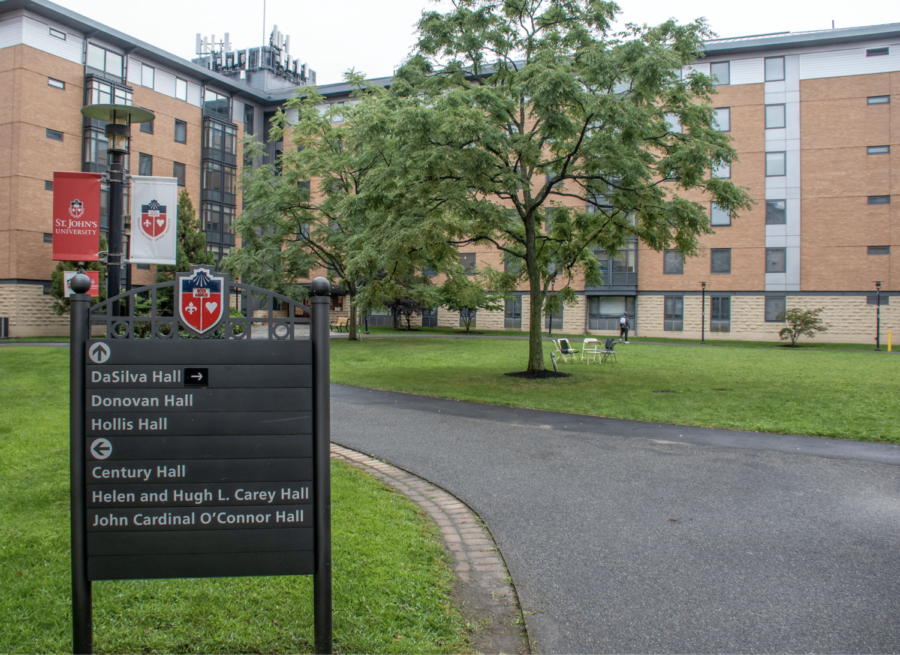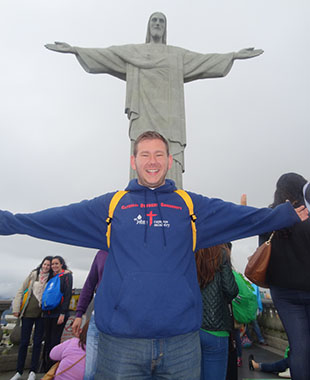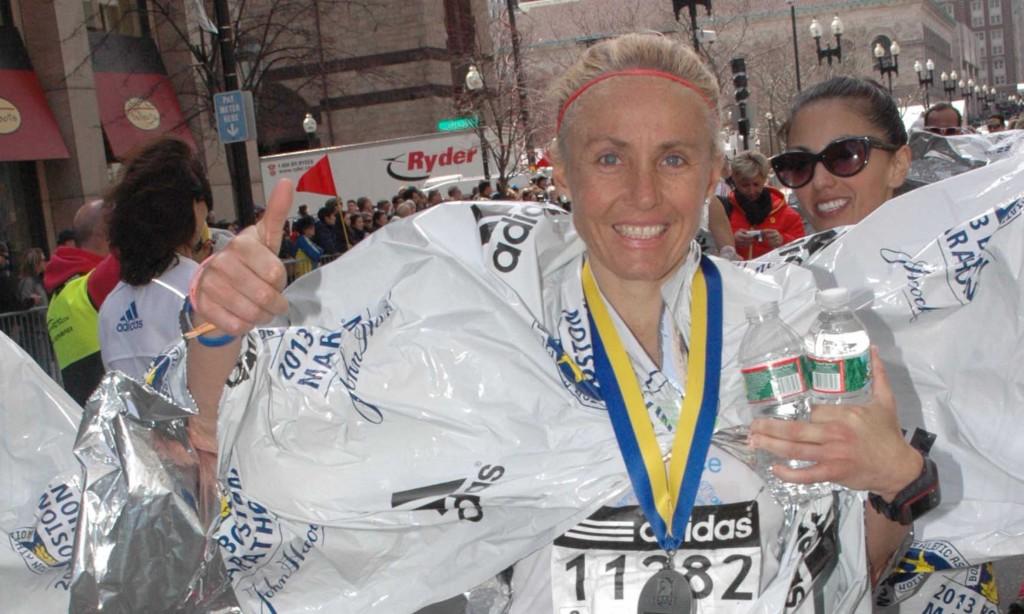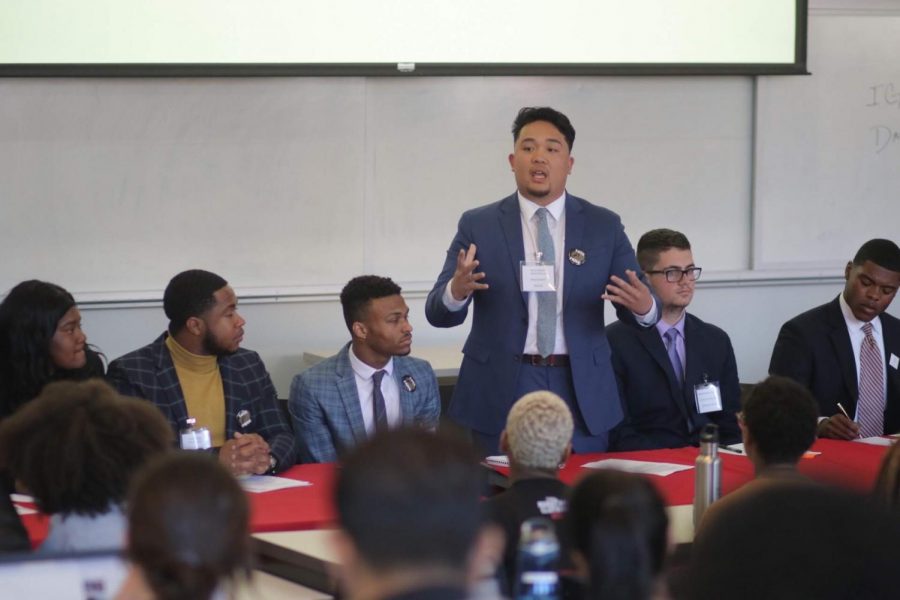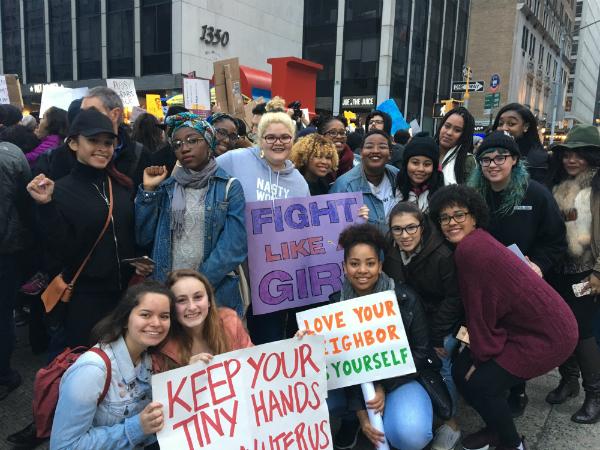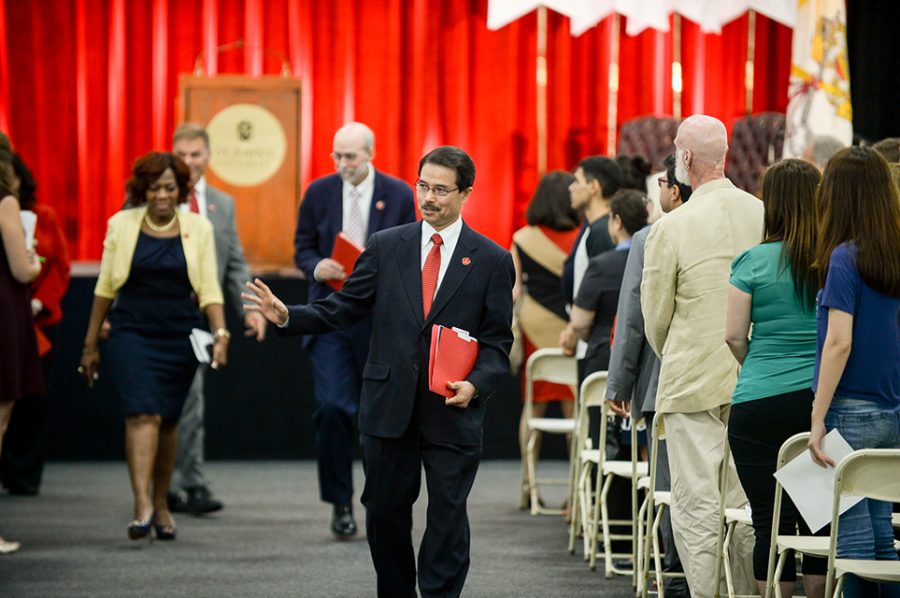The University along with off-campus religious organizations hosted an educational workshop last Saturday to discuss ways companies, travelers and students can raise awareness against human trafficking.
The Vincentian Center for Church and Society in cooperation with NY-CRC-STOP (NY Coalition of Religious Congregations to Stop Trafficking of Persons), and the LifeWay Network sponsored the workshop, Human Trafficking: Whose Business is it?. It attracted local leaders, NGO’s, government agencies, social justice students and faculty from all over the New York Metropolitan area.
Sandi D. Mitchell, formerly of Sabre Holdings, was the keynote speaker for the event. She told the audience that when children are trafficked at such a young age, “they lose their sense of self,” and that “77% of the victims have suicidal tendencies.”
The idea of treating people as property is a stigmatized profession in Western democracy, not only because of the negative moral implications of physical harm, but the long-lasting psychological damage modern slavery poses to the individuals. This psychological damage proves to be the main thing keeping girls enslaved.
Sabre Holdings sponsors Passport to Freedom, an initiative that helps habilitate these children, “not re-habilitate,” because “the kids weren’t given the chance to have a sense of self.”
She wants to teach the victims how to be travel agents to help create steady jobs for the victims and to train them to spot hints of trafficking before it happens.
Some of the indicators of sex slaves are shocking to St. John’s students, especially indicators so subtle as tattoos of barcodes and “daddy” on the neck or arms of the victims.
Senior Erin Kennedy remarks when she was in Jamaica, Queens campaigning for her internship and a homeowner of one of the houses told her that she needed to get out of the area immediately because the neighbors across the street from his house were sex traffickers.
“I was terrified, and it put things in perspective for me,” Kennedy said. “It is shocking that these issues are closer to home than many think.”
Catherine Sims, a member of the GLOBE program, was intrigued by the information she received. But at the same token, she was disappointed with the lack of student presence.
“The issues raised were vital to the student body but I would like to have seen more student presence in general,” she said.








